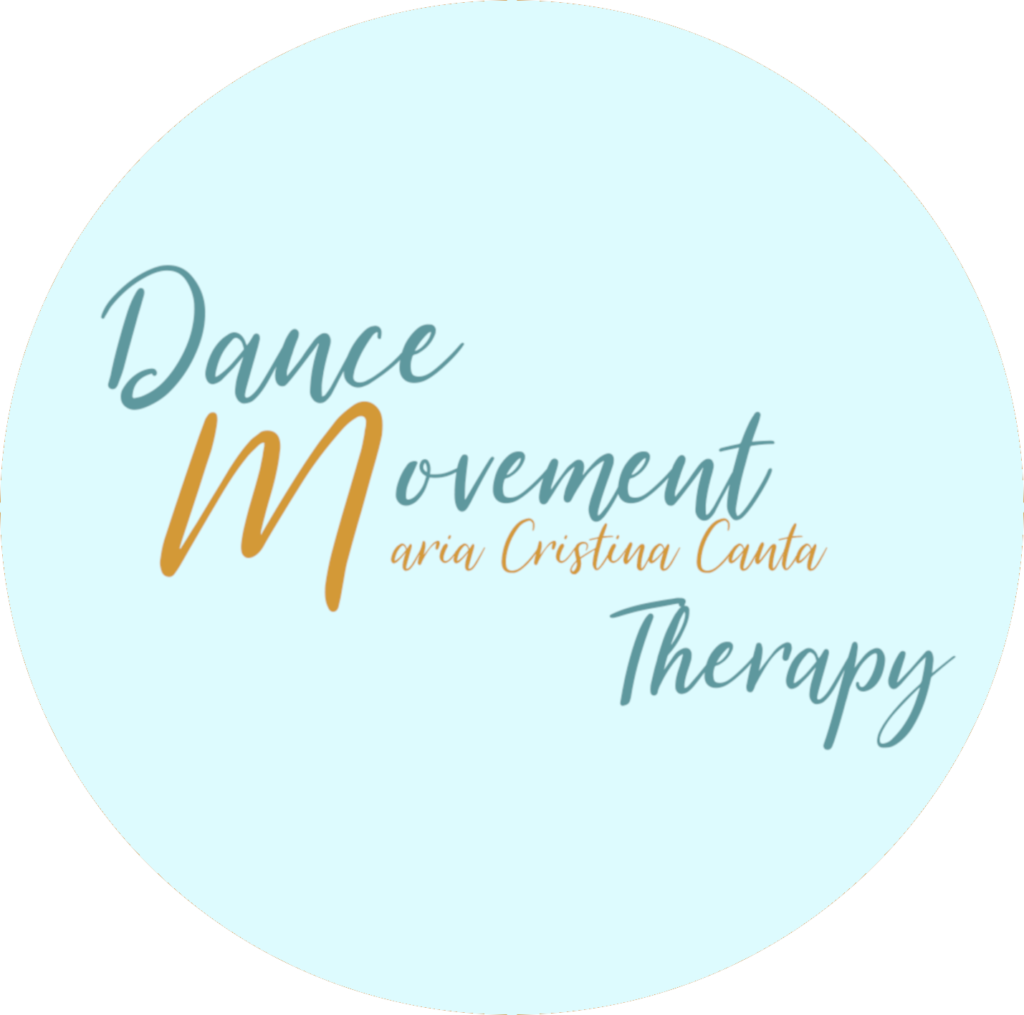My Method
I am Dance Movement therapist with a psycho-dynamic orientation. The main tool of the sessions are our body and its movement, which are allowed to express themselves through playful and creative experiences. Believing that the body is the most honest and expressive tool we possess to express our feeling and emotions when words are not sufficient, I offer a chance to explore, together with clients, how to get to know better their own body and become more aware of it. Letting the body move freely and going from the non-verbal to the verbal can, in fact, be an amazing tool to become slowly more aware of your own needs and emotions. In this way, emotions that are too strong will not surprise and overwhelm you anymore, should you find yourself in a stressful situation or experience an unexpected event. Instead, you are given guidance by way of your own body, so that you may handle such moments more easily.
To help the process, I use different theoretical tools and basic elements of the psychodynamic DMT, such as the LMA (Laban Movement Analysis) and the KMB (Kestenberg Movement Profile), as systems and methods of movement observation and analysis, which guide and structure every session.
A FEW THEORETICAL REFERENCES
Dance Movement Therapy with a psycho-dynamic orientation has its origins in the 40s thanks to the studies of M. Chace, M. Whitehouse & T. Schoop, the principles of the Movement Analysis by R. Laban and the contribution of the studies made by I. Bartenieff, P.Hackney & J. Kestenberg and co. (S. Loman). My approach follows the principles and techniques developed by the school and association “Art Therapy Italiana” in Bologna which has integrated all these fundamentals theoretical premises, enriching them with the contributions of D. McCall & R.M. Govoni, founders of the Dance Movement department.
Types of sessions
Individual Therapy
In the individual setting we can move together, talk, think and focus on your needs and what it is you would like to achieve; developing together a personal path that will better suit you.
Group Therapy
The social setting offers us a chance to share our needs as well as contemplate the needs of others. A group therapy can be a wonderful echo chamber in which to work on ourselves, as well as to better understand how we function with others.
Workshops
A wonderful chance to have a one or two-time peek into the world of dance therapy, in a friendly and open setting. Check out my events here to find out about upcoming workshops.
FAQs
Learn more about the sessions I offer
There's no age limit. I offer sessions to children starting from 5 years old to elderly.
It depends on the setting of the session, you can reach out to me directly for further information.
Absolutely not; it's open to people who have never had any experience with dance and movement as well as to professional dancers or performers. Movement will be the tool of our sessions in the same way words are used in a psychotherapy session; there's no right or wrong, there's you and your own personal way of moving through space.
Unfortunately not but I always try to meet the needs of every single client, depending on their economical situation.
Absolutely. Dance Movement Therapy can be an excellent complement to psychotherapy, offering additional tools for working on oneself and one's internal processes.
It can also play a supporting role of, as well as give guidance to, one's own processing of knowledge and personal awareness.
I offer individual and group sessions in Italian and English and often offer workshops in German, too.

Feel free to reach me directly through my contact form or via email.
Copyright © 2023